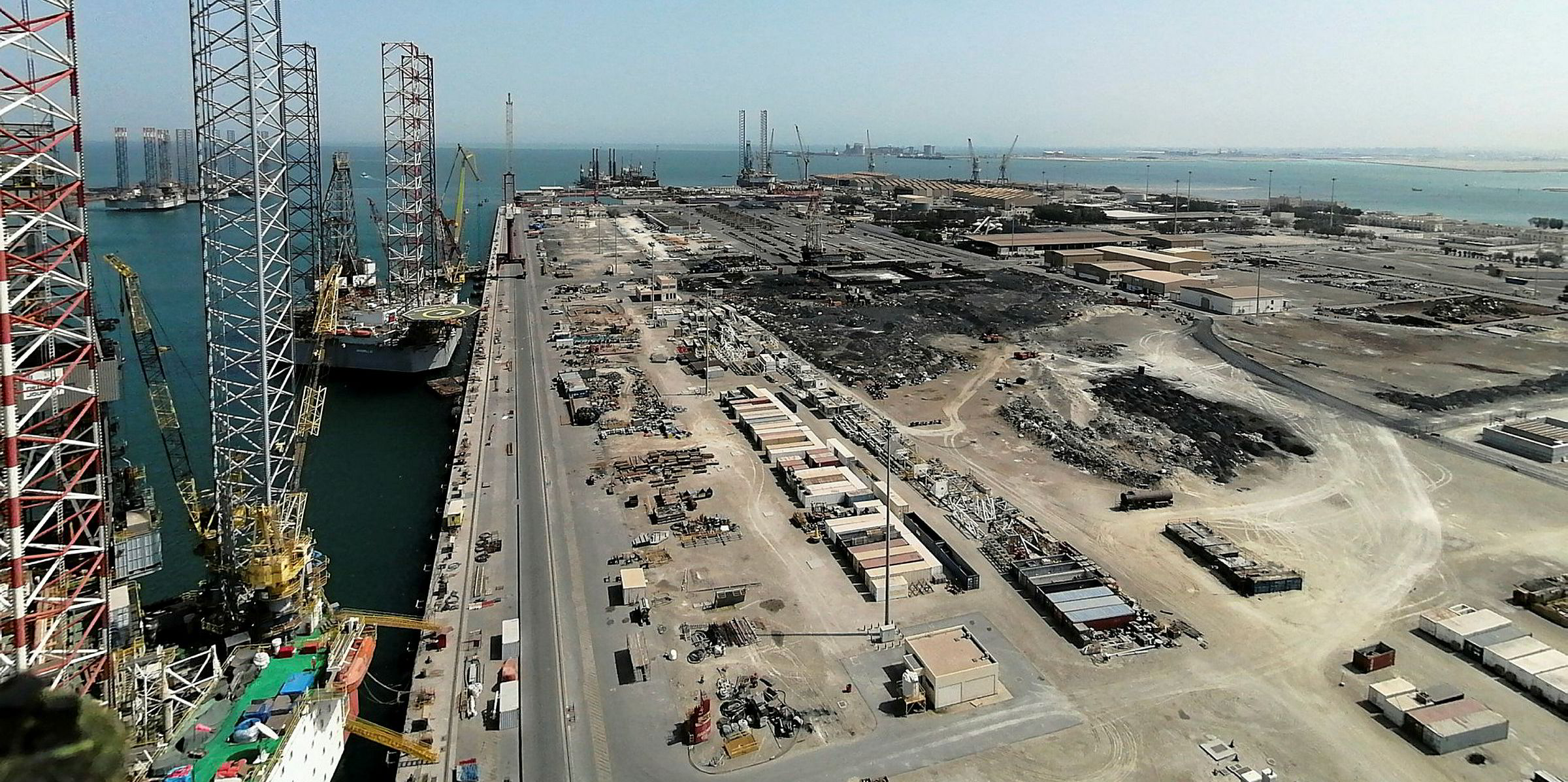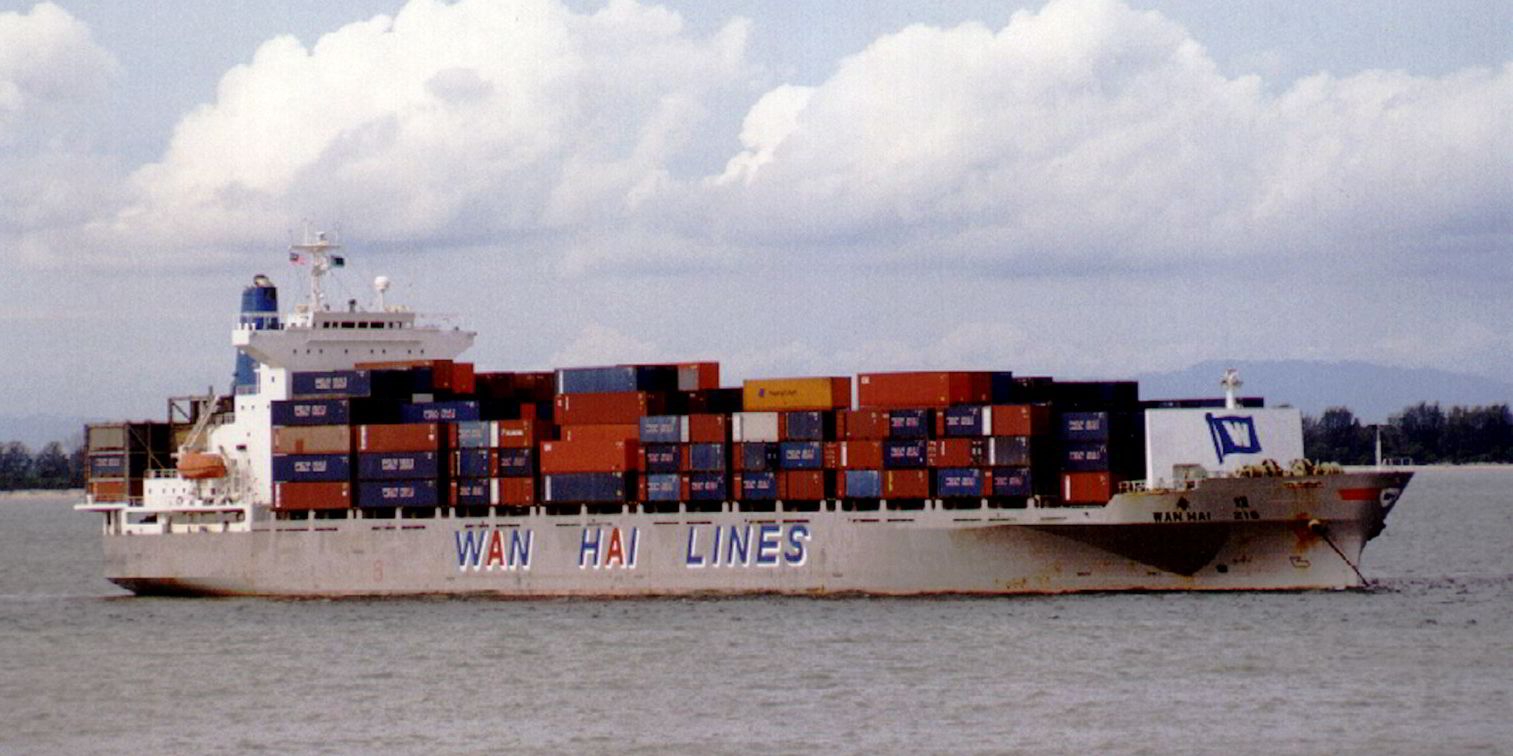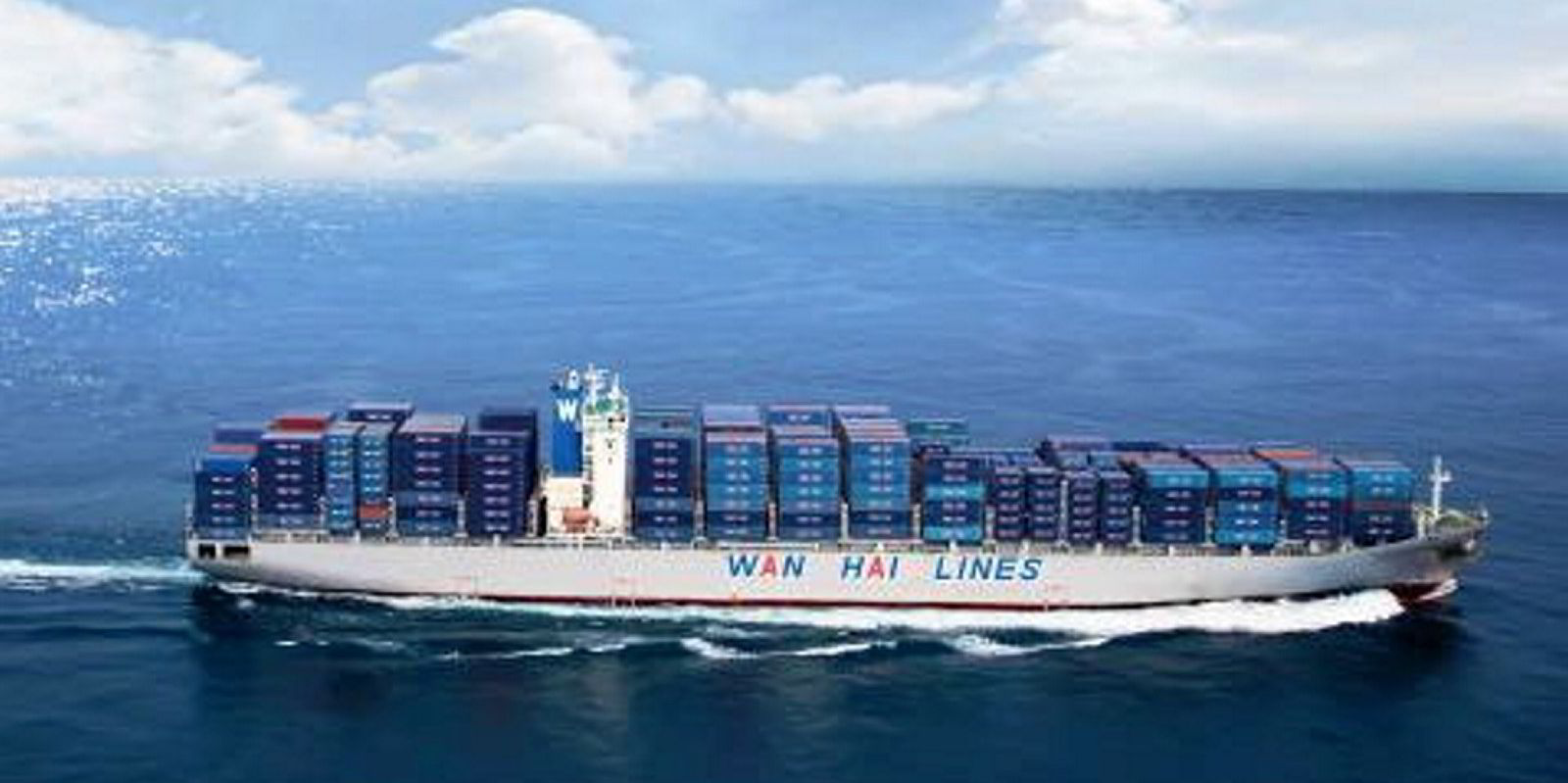A scrapping deal reported earlier this year as a leap forward for green recycling is finally moving ahead after a four-month delay due to bureaucracy and contract terms.
From the end of January until 8 May, according to Dutch-based cash buyer start-up Elegant Exit, the 1,088-teu Wan Hai 165 (built 1998) sat at Bahrain’s Arab Shipbuilding and Repair Yard (ASRY) awaiting a series of approvals from eight government ministries in addition to Bahraini customs.
The ship was reported sold in January to cash buyers for $510 per ldt, or about $2.7m.
It was one of 10 vessels Taiwanese liner operator Wan Hai Lines sold to various cash buyers for green recycling.
Four went to Kuok group-owned PaxOcean with its shipyard facilities on the Indonesian island of Batam.
In the case of Elegant Exit, its project at ASRY faces a government that is new to regulating the ship breaking business.
Elegant Exit was started with the goal of acquiring a fleet of secondhand vessels, especially tankers, that could be kept in operation for a period and then used to supply high-quality scrap in conveyor-belt fashion to steelmakers east and west of Suez.
That plan was amended in light of market developments, but a distinctive feature of Elegant Exit’s strategy is retaining ownership of the steel, and other recycled materials, for sale, and using the yard’s facilities and services on a contract basis.
An Elegant Exit official explained that after customs clearance, a ship that has arrived for scrapping in Bahrain must be cleared by the ministries of finance, environment, for asbestos; law and order, for adherence to the Basel Convention; foreign affairs for international treaty obligations; and maritime and infrastructure for flag questions.
ASRY itself is a state-owned enterprise that comes under the oil and gas ministry. And when the ship’s components, bunkers and spares are sold off, the trade ministry has a word, plus the ministry of industry when it comes to the steel.
Elegant Exit chairman Captain Uday Yellapurkar blames the delays to his initial project not just on bureaucracy and the learning curve in an industry new to Bahrain, but on the provisions of sales contracts Wan Hai used in the deal.
Through a colleague, he described the scrapping process as a cooperative undertaking but one that is governed by “entrenched business practices that prioritise individual transactions over the overall success of the operation”.
“We decided to accept our first ship under these practices, even though we knew that improvements could be made to reduce risks and delays,” he said.
He added that the company is developing a best-practices handbook based on what has been learned.
“Thoroughly scrutinising every aspect of our operations for local and international compliance took longer than expected, but it was worth it to clear the way for future ships and test our system with a real case,” he told TradeWinds.

For the future, he suggests using Bimco’s RecycleCon form for the demolition sale memorandum of agreement and its RepairCon form for subcontracting work.
“We need to keep things straightforward, seamless, and ensure we maintain the flag, insurance and crew as needed from start to finish,” he said.
Drachten-based Elegant Exit was started in 2020 by Yellapurkar, former chairman of tanker owner and operator Womar, plus two former W-O Shipping colleagues, co-managing director Rein Amels and chief operating officer Vladimir Radisic.





